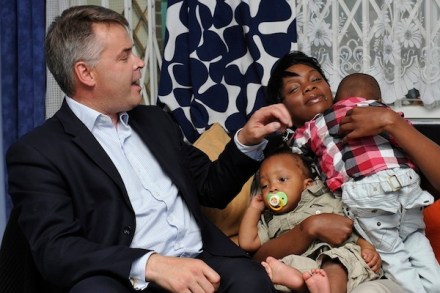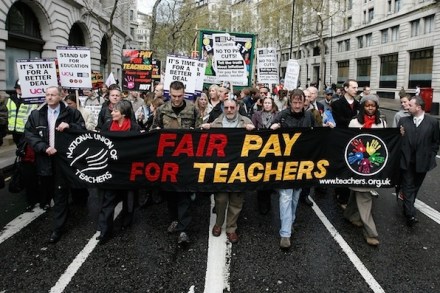Diary – 7 March 2013
My friend and colleague Roy Brown has just sent me the draft of a statement he will submit to the UN Human Rights Council this spring, on behalf of the International Humanist and Ethical Union. This is a group to which we both belong, which campaigns on freedom of thought and expression, women’s and children’s rights, education and much besides. Roy’s draft concerns discrimination against people who do not have a religious faith. It is extraordinary how many countries discriminate by law against nonbelievers, in violation of Article 18 of the Universal Declaration of Human Rights, which protects freedom of conscience. Most of the offenders are Muslim-majority countries, in some














